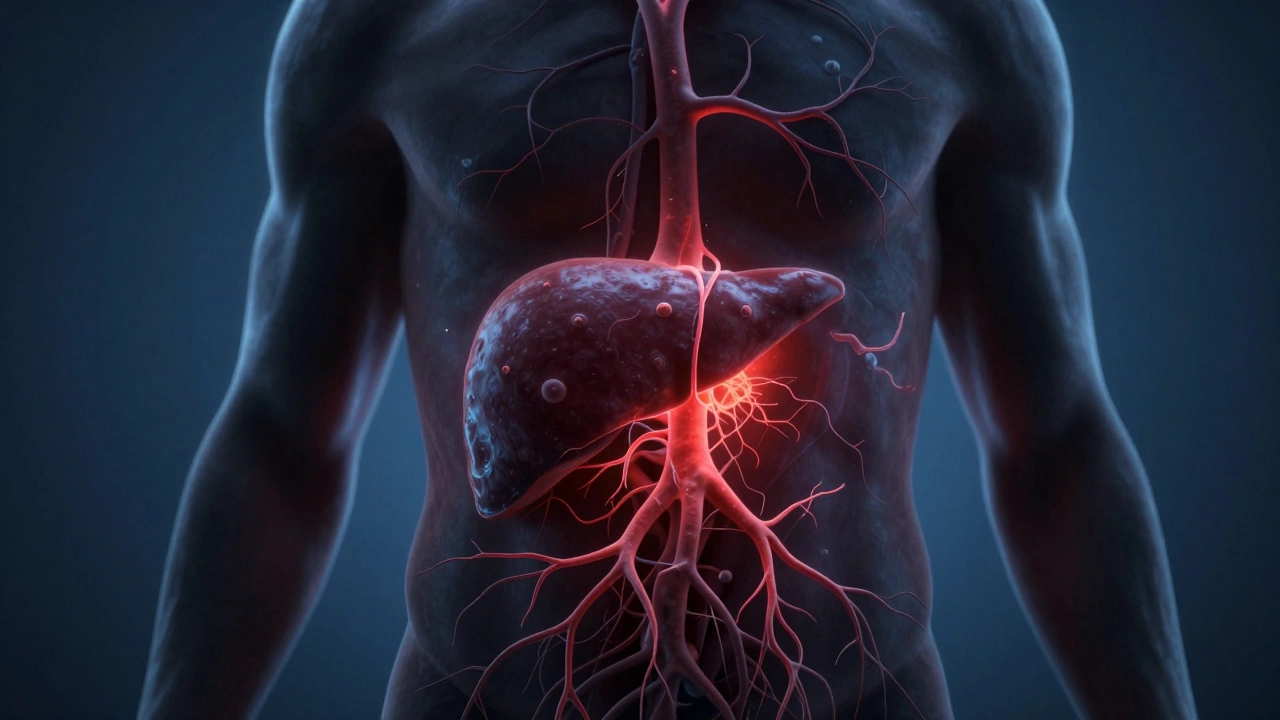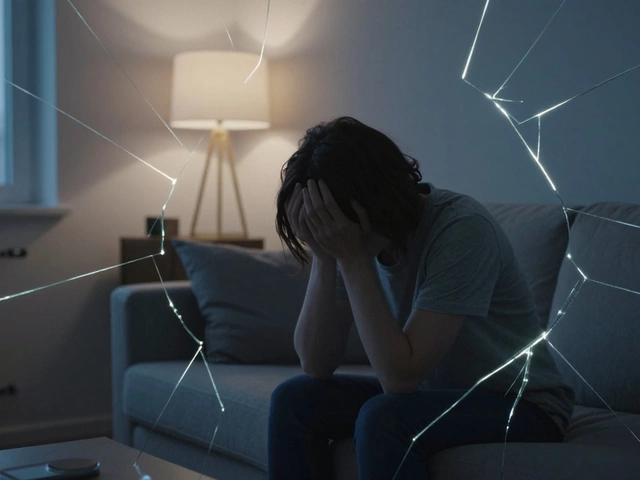Cancer Symptoms: What to Watch For
If you’ve ever wondered whether a weird ache or a skin change could mean something serious, you’re not alone. Spotting cancer early can make a huge difference, and the good news is many warning signs are easy to notice. Below we break down the most common symptoms, why they matter, and when it’s time to act.
Common Early Warning Signs
First off, cancer doesn’t always show dramatic symptoms right away. But there are a handful of clues that show up across different types. Keep an eye on these:
- Unexplained weight loss: Dropping more than 5% of your body weight without trying can be a red flag.
- Persistent fatigue: Feeling tired all the time, even after rest, may signal that your body is fighting something.
- Changes in skin: New moles, dark spots, or sores that don’t heal in a few weeks should be examined.
- Unusual lumps or swelling: Anything you can feel that’s new, especially in the breast, testicles, lymph nodes, or abdomen, deserves attention.
- Persistent pain: Ongoing pain in the back, bones, or any area that doesn’t improve with usual treatment can be a sign.
- Changes in bathroom habits: Blood in urine, stool, or a sudden need to go more often (or less) can indicate gastrointestinal cancers.
- Persistent cough or hoarseness: If it lasts more than three weeks, especially with blood, get it checked.
These symptoms aren’t a cancer diagnosis on their own, but they’re signals that something isn’t right. Your body often gives hints before something gets worse.
When to Seek Medical Help
Don’t wait for a symptom to become severe. If any of the above signs linger for more than two weeks, book an appointment. Even if you only have one of them, it’s better to be safe.
During the visit, doctors will ask about:
- How long the symptom has been present.
- Any related factors (family history, lifestyle, exposure to chemicals).
- Other changes you might have missed.
They may order simple tests—blood work, imaging, or a biopsy—to rule out serious conditions. Early detection often means less aggressive treatment and a better outcome.
Here’s a quick checklist you can keep at home:
- Notice any new lump, bump, or thickening?
- Have you lost weight without trying?
- Is fatigue getting worse?
- Any changes in skin, moles, or sores?
- Do you have a cough that won’t go away?
If you answer “yes” to any of these, call your doctor. It’s a small step that can save a lot of trouble later.
Remember, cancer is a broad term. Symptoms can differ a lot between lung, breast, skin, or blood cancers. The key is awareness and quick action.
Finally, stay on top of routine screenings—like mammograms, Pap smears, colonoscopies, and prostate checks—based on your age and risk factors. These tests catch problems before you feel any symptoms at all.
Bottom line: listening to your body, noting changes, and seeking help early gives you the best chance to stay healthy. Don’t ignore a nagging sign; your doctor is there to help you figure it out.






